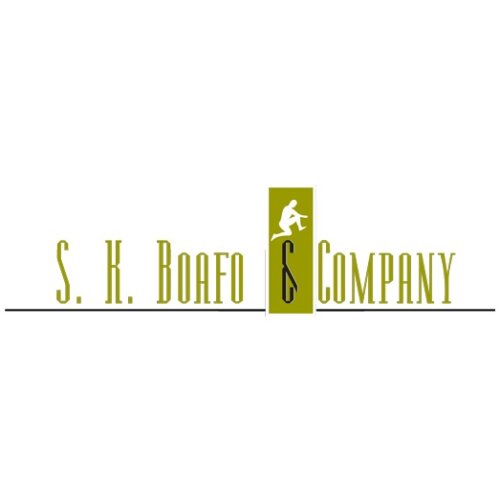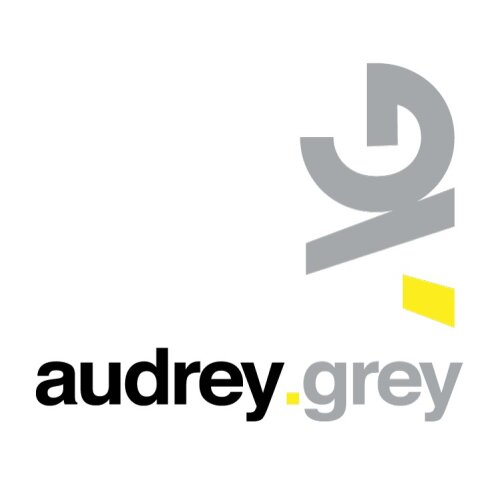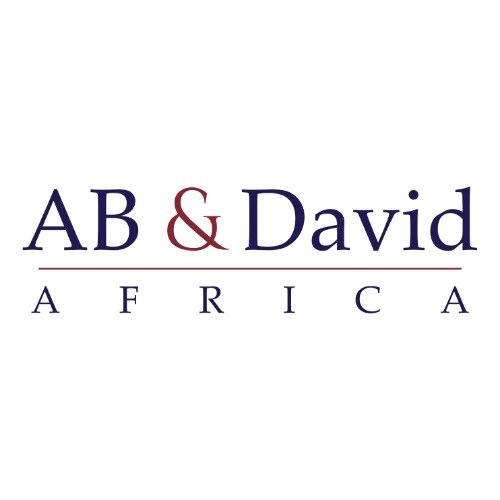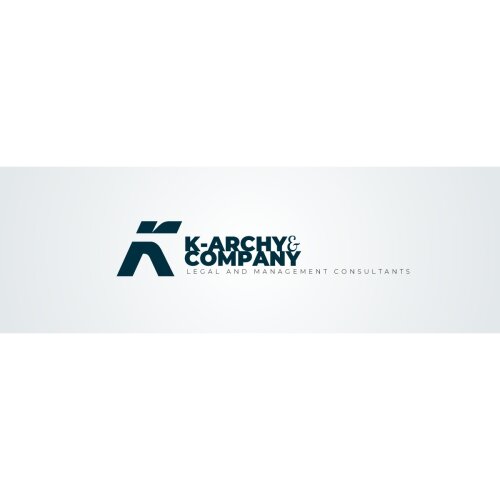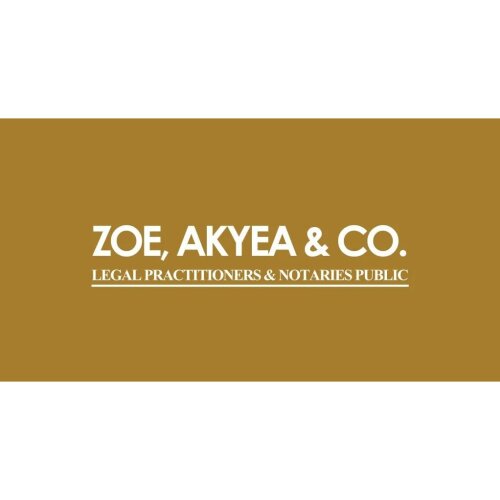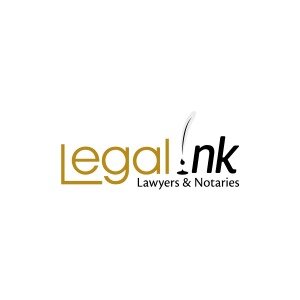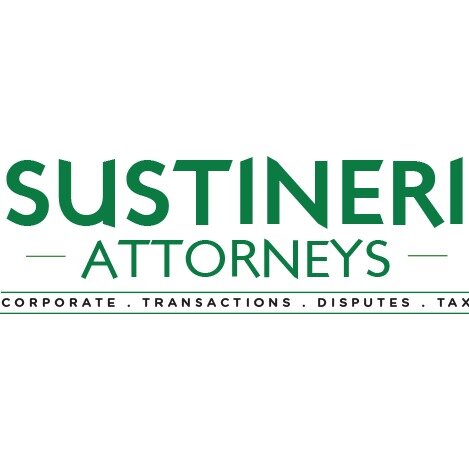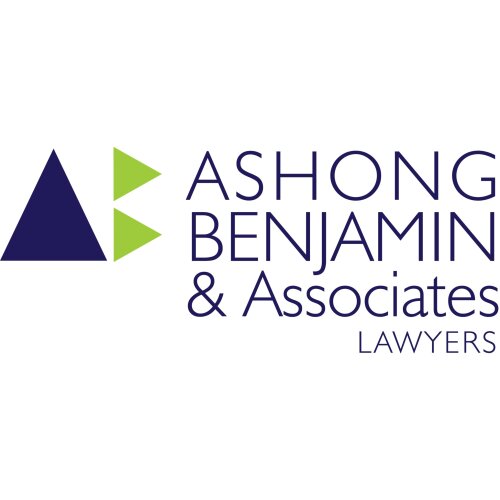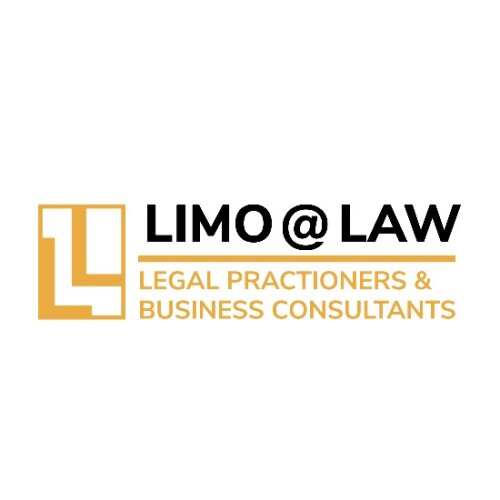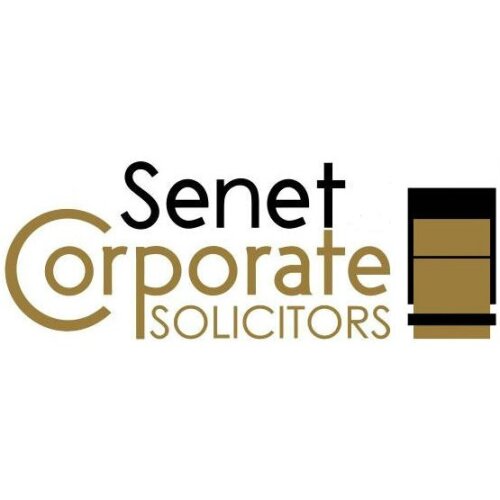Best Restructuring & Insolvency Lawyers in Accra
Share your needs with us, get contacted by law firms.
Free. Takes 2 min.
List of the best lawyers in Accra, Ghana
About Restructuring & Insolvency Law in Accra, Ghana
Restructuring and insolvency law in Accra, Ghana, governs the processes by which distressed businesses and individuals resolve issues of financial difficulty. Whether due to general insolvency, cash flow problems, or overwhelming debt, both companies and individuals may face circumstances where they require formal procedures to reorganize, settle debts, or, in some cases, close operations. The legal system in Ghana provides specific mechanisms and protections to ensure fair treatment of creditors and debtors while aiming to preserve economic stability and protect employment where possible.
Why You May Need a Lawyer
In the field of restructuring and insolvency, legal assistance can be crucial. You may need a lawyer if you are unsure how to approach debt repayment, if you are a creditor trying to recover owed funds, or if your business is unable to meet its financial obligations. Common situations include:
- Businesses experiencing severe cash flow issues or insolvency
- Companies needing guidance on restructuring their finances or operations
- Creditors seeking debt recovery or representation during bankruptcy proceedings
- Shareholders or directors facing liabilities due to company insolvency
- Individuals with unmanageable personal debts
- Asset protection or liquidation processes
A lawyer can guide you through the options available, ensure compliance with local laws, help protect your interests, and represent you in negotiations or court proceedings.
Local Laws Overview
The principal legislation governing restructuring and insolvency in Ghana is the Corporate Insolvency and Restructuring Act, 2020 (Act 1015). This law provides a modern framework for addressing company insolvency and offers viable alternatives for restructuring distressed businesses. Some key aspects include:
- Corporate Rescue Proceedings: Companies in distress can pursue restructuring options instead of immediate liquidation, such as administration or schemes of arrangement.
- Liquidation: The process by which a company’s assets are sold, and proceeds are distributed to creditors. This can happen voluntarily or through the courts.
- Role of Insolvency Practitioners: Only licensed insolvency practitioners can oversee formal insolvency procedures and restructuring processes.
- Cross-Border Insolvency: The Act recognizes the need for cooperation with foreign jurisdictions in cross-border insolvency matters.
- Directors’ Duties: Directors have specific obligations to act in the best interests of creditors when their company faces insolvency.
- Creditor Rights: Creditors have recognized rights to participate in insolvency proceedings and to submit claims.
Understanding these laws and the protections they offer is crucial when dealing with financial distress, whether you are a debtor or creditor.
Frequently Asked Questions
What is insolvency?
Insolvency is the state where an individual or company is unable to meet its financial obligations as they become due. This can be due to cash flow problems or overall liabilities exceeding assets.
What is the difference between restructuring and liquidation?
Restructuring involves reorganizing a company's operations, debts, or structure to enable it to continue operating, while liquidation involves selling assets to pay off creditors and dissolving the company.
Who can initiate insolvency proceedings in Accra, Ghana?
Insolvency proceedings can be initiated by the distressed company itself, its creditors, or, in some cases, regulatory authorities.
What is the role of an insolvency practitioner?
An insolvency practitioner is a licensed professional authorized to oversee restructuring, administration, or liquidation processes and ensure compliance with the law.
Can individuals declare bankruptcy in Ghana?
Yes, individuals can seek relief from unsustainable personal debts, though the primary legal framework is focused on company insolvency. It is important to seek legal advice on available procedures.
Are directors personally liable for company debts?
Generally, directors are not personally liable for company debts, but they may be held liable in cases of wrongful or fraudulent trading or breaches of directors’ duties.
What happens to employees during insolvency?
The law provides protections for employees, including priority for unpaid wages and certain benefits, but outcomes may depend on the specific insolvency process used.
What is a scheme of arrangement?
A scheme of arrangement is a court-approved agreement between a company and its creditors or shareholders to restructure debts or company operations.
How are creditors paid during liquidation?
Creditors are paid in order of priority set by law. Secured creditors are usually paid first, followed by preferred creditors such as employees, while unsecured creditors are paid from any remaining assets.
How long does the insolvency process take in Ghana?
The duration depends on the complexity of the case, type of proceedings, and number of creditors involved. Some processes can be completed in months, while complex cases may take longer.
Additional Resources
For legal advice or more information on restructuring and insolvency in Accra, Ghana, consider consulting:
- The Registrar General’s Department - oversees business registrations and insolvency filings
- Ghana Association of Restructuring and Insolvency Advisors - professional body for insolvency practitioners
- Bank of Ghana - for matters related to financial institutions and regulatory compliance
- The Ghana Bar Association - for finding qualified legal professionals
- Official Government Gazettes - for public notices regarding insolvency proceedings
- Licensed private insolvency practitioners in Accra
Next Steps
If you believe you or your business may require assistance with restructuring or insolvency in Accra, Ghana, consider these steps:
- Assess your financial situation and gather relevant documents such as balance sheets, outstanding debts, and contracts
- Consult a qualified insolvency lawyer or licensed insolvency practitioner to discuss your options
- Discuss the different routes available, such as restructuring, administration, or voluntary liquidation
- Ensure you understand your obligations and rights as a debtor or creditor
- Comply with all legal requirements, including filings and notifications
Seeking prompt legal advice can help you navigate complex financial challenges, protect your interests, and work toward a sustainable resolution.
Lawzana helps you find the best lawyers and law firms in Accra through a curated and pre-screened list of qualified legal professionals. Our platform offers rankings and detailed profiles of attorneys and law firms, allowing you to compare based on practice areas, including Restructuring & Insolvency, experience, and client feedback.
Each profile includes a description of the firm's areas of practice, client reviews, team members and partners, year of establishment, spoken languages, office locations, contact information, social media presence, and any published articles or resources. Most firms on our platform speak English and are experienced in both local and international legal matters.
Get a quote from top-rated law firms in Accra, Ghana — quickly, securely, and without unnecessary hassle.
Disclaimer:
The information provided on this page is for general informational purposes only and does not constitute legal advice. While we strive to ensure the accuracy and relevance of the content, legal information may change over time, and interpretations of the law can vary. You should always consult with a qualified legal professional for advice specific to your situation.
We disclaim all liability for actions taken or not taken based on the content of this page. If you believe any information is incorrect or outdated, please contact us, and we will review and update it where appropriate.



